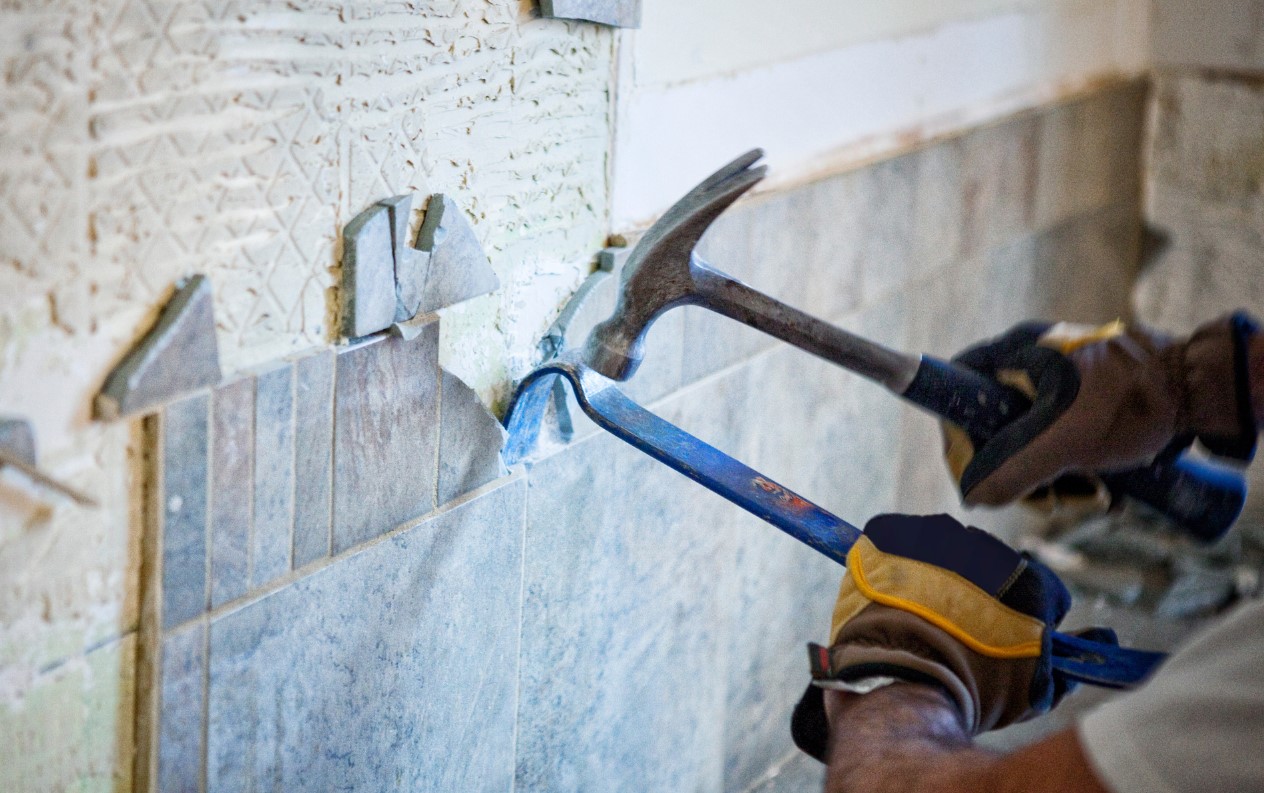The Top Tips To Get Your Offer Accepted
 The housing market today is very competitive, and you might be wondering how you can get your offer accepted. If the seller has multiple offers on the table, it can be a bit of a challenge. Many people assume that the best way to get an offer accepted is to offer the most money. Even though that is certainly helpful, there are several other tips you should follow to make sure your offer is the one the seller picks.
The housing market today is very competitive, and you might be wondering how you can get your offer accepted. If the seller has multiple offers on the table, it can be a bit of a challenge. Many people assume that the best way to get an offer accepted is to offer the most money. Even though that is certainly helpful, there are several other tips you should follow to make sure your offer is the one the seller picks.
Get Pre-Approved For A Mortgage
First, you must make sure that you get pre-approved for a mortgage. Unless you are paying cash for the home, you should talk to a local loan officer to get a pre-approval letter. You don’t have to go with that company once the dust settles, but you need to get a pre-approval letter from a lender. That way, the seller will know that you have a high chance of getting approved for the loan.
Offer More Earnest Money
If you are willing to offer more earnest money, that will make the seller more comfortable. The seller is always worried that the buyer might pull out on the offer, meaning that their home will go back on the market. If you increase the amount of earnest money you put down, the seller will feel more confident that you are serious about buying the home.
Give The Seller The Option To Rent Back
If the seller accepts your offer, you will have between four and six weeks before your first mortgage payment is due. Therefore, you won’t have any payments after closing for a while. If the seller is not ready to move yet, or if the seller has not found a new home, offer the seller an opportunity to rent the home back for free. This will give the seller more time to get everything in order before they move.
Increase The Strength Of Your Offer
In a seller’s market, you need to make your offer stand out. Otherwise, you may have a difficult time finding a house, particularly if you cannot pay cash. If you follow these tips, you can increase your chances of having your offer picked by the seller.

 Buying a home is a dream that many people want to make come true. At the same time, many people dream of buying a second home. Perhaps you are looking for a rental property. Maybe you are looking for a vacation home. Regardless, you might be wondering how you can come up with the necessary cash to finance this dream. You might even be thinking about tapping into the equity in your current home to make that happen. It could be your down payment for your second house, but what do you need to know?
Buying a home is a dream that many people want to make come true. At the same time, many people dream of buying a second home. Perhaps you are looking for a rental property. Maybe you are looking for a vacation home. Regardless, you might be wondering how you can come up with the necessary cash to finance this dream. You might even be thinking about tapping into the equity in your current home to make that happen. It could be your down payment for your second house, but what do you need to know? Today, there are many people who are having a difficult time purchasing a house. Even though interest rates have gone up, sales are still happening quickly. Therefore, it can be difficult for people to qualify for a mortgage, purchase a house, and get to the closing table before the property is sold. One potential way to get around the hot housing market is to consider a home renovation mortgage. How can a home renovation mortgage help you?
Today, there are many people who are having a difficult time purchasing a house. Even though interest rates have gone up, sales are still happening quickly. Therefore, it can be difficult for people to qualify for a mortgage, purchase a house, and get to the closing table before the property is sold. One potential way to get around the hot housing market is to consider a home renovation mortgage. How can a home renovation mortgage help you?